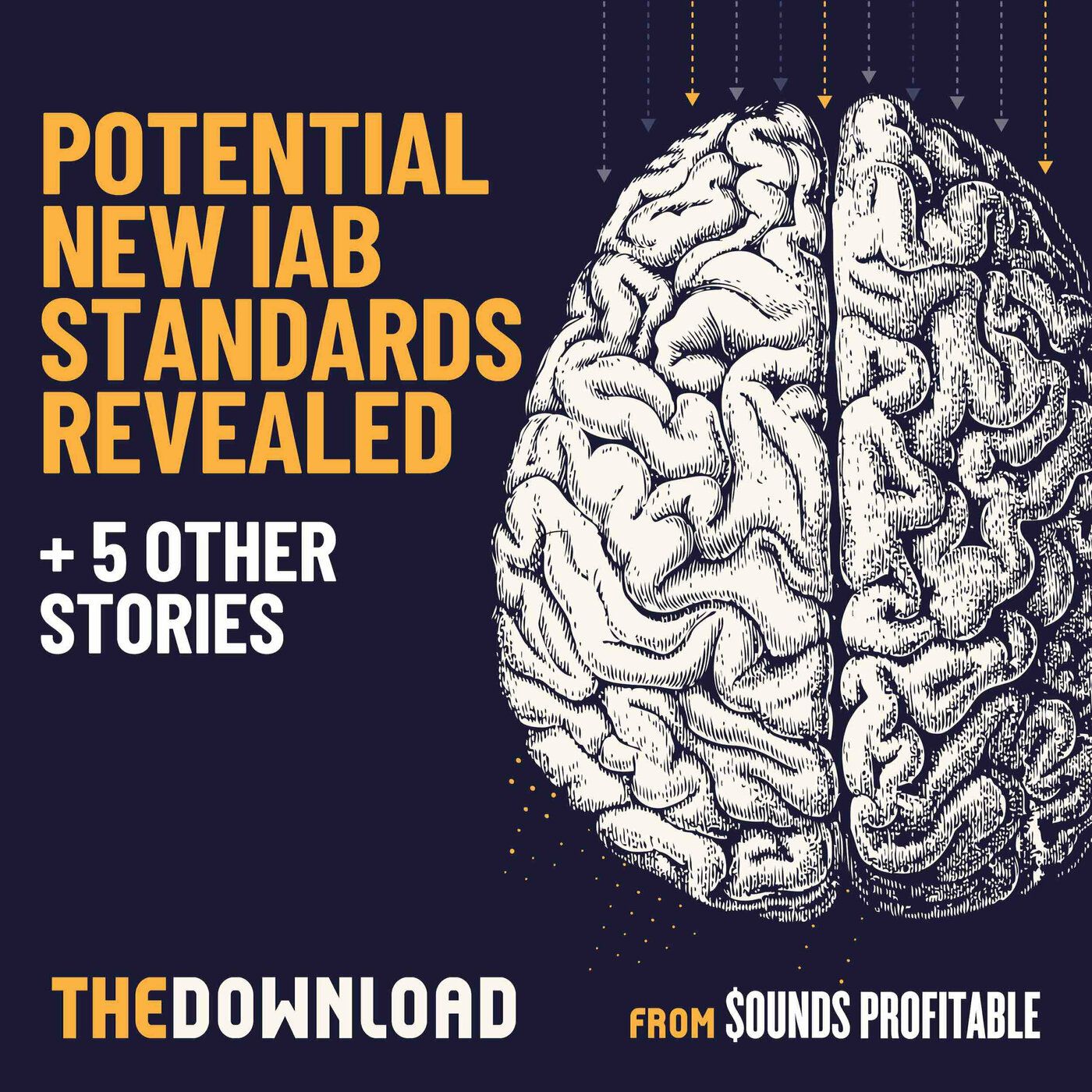Podcast Episode Details
Back to Podcast Episodes
Potential New IAB Standards Revealed + 5 more stories for May 6, 2022
Episode 20
This week on The Download: potential new IAB standards are revealed, advertisers reflect on a year of iOS-enforced privacy, and Facebook is losing the confidence of its customers. Last Thursday Ryan Barwick, writing for MarketingBrew, published a look at some promising new standards https://www.marketingbrew.com/stories/2022/04/28/publishers-are-labeling-their-audiences-to-make-it-easier-for-advertisers-to-target-them With the evolution of online privacy advertising must change with it, and the IAB is experimenting with replacing existing data-collection structures with seller-defined audiences, or SDAs. Instead of adtech using tracking methods to use collected data to serve certain ads to certain users, publishers would use first-party data to decide how to categorize their own audience and take ads targeting those categories. Quoting the article: “Using this data, SDAs would, theoretically, let publishers place their audiences into groups—whether by behavior or interest—which would then be shared with advertisers to help them run targeted programmatic ads. So far, there are roughly 1,600 available labels for publishers to choose from.” Barwick and others at MarketingBrew have taken a liking to the hyper-specific example label of “potatoes/onions” as an example of how granular the SDA system would be if fully implemented. Michael Nuzzo, Vice President and head of Hearst data solutions at Hearst Magazines is quoted from the IAB Tech Lab event in February:
“It’s a very positive indication that publishers are gaining more control in the open web. We were only seen as supply. Now, we’re seen as supply, identity partners, as well as data providers, and that’s an exciting shift.”
This signals a significant boon for podcasting. The IAB has created a world where podcast producers determine their audiences and present them to advertisers. An open world with power in the hands of producers is a good thing. Last Thursday Digiday’s Kimeko McCoy published an article covering the thoughts of advertisers on the https://digiday.com/marketing/it-changed-the-way-people-perceived-digital-advertising-advertisers-reflect-on-ios-14-changes-a-year-later/ “In this last year, Apple’s crackdown on in-app tracking upended the digital advertising industry and crippled advertisers’ ability to know whether their mobile ads were working. It forced them to look elsewhere to spend their dollars.” iOS 14, along with other similar privacy-boosting offerings from web browsers and Android devices, changed the game. Platforms reliant on the old buffet of collectable data have had issues adjusting, as we’ll cover in a Facebook-heavy story shortly. “But those 12 months of acclimating to these shifts have made it clear to media buyers that Apple’s ATT is an attribution problem, not an advertising one. In other words, the effectiveness of advertising hasn’t gone away as a result of it being harder to track people. But it has become more difficult to know how effective those ads are.” McCoy’s reporting paints a promising future. Every step the industry takes in this direction is a glowing endorsement for podcasting. While the rank-and-file are just now dealing with tricky attribution, this industry has been successfully serving ads with tricky end-game attribution for the better part of a decade. On Monday AdExchanger’s James Hercher published “https://www.adexchanger.com/platforms/facebook-advertisers-are-itching-for-change-as-bugs-infest-its-attribution-te
Published on 3 years, 7 months ago